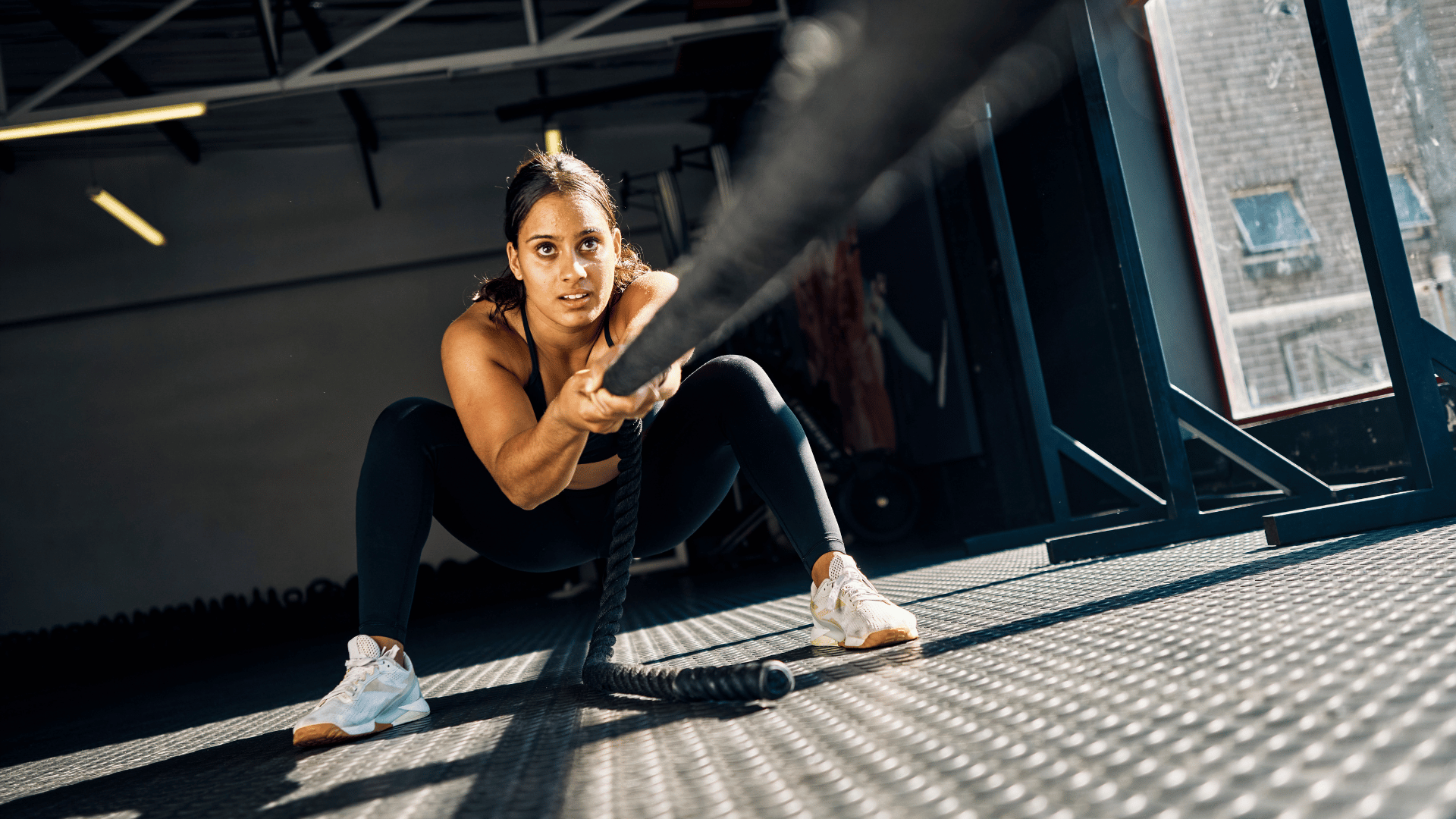Are You Marathon Ready?

Pure Sports Medicine
- 21 September, 2018
- Running
- 2 min read
With race day getting ever closer, marathon training for most people has well and truly kicked into full gear.

Most people, especially first timers, will be wondering what is it they need to do to ensure they are ‘marathon ready’.
The greatest concerns we see with many runners is failing to keep up with the pace of their intensive training programs. Often we see people push themselves a little too hard to run further or faster than their bodies are ready to do. This is where injuries can happen. Therefore the main focus needs to be injury prevention.
We have selected 5 tests for you to try yourself and determine if you are marathon ready. Why not give them a go today?
1. HEEL RAISE
Stand on 1 leg with only your fingertips touching the wall for support. Smoothly raise your heel up and down at the rate of 1 repetition every 2 seconds.

2. KNEE TO WALL
Foot flat and straight. Touch your knee to the wall. Move your toes back whilst maintaining knee contact and measure the final distance of your big toe from the wall.

3. SINGLE LEG SQUAT
Stand on 1 leg and slowly squat down ensuring your foot is flat, knee is in good alignment and doesn’t turn inwards. Keep an upright body position.

4. HOP & HOLD
Start on 1 leg. Hop forward 1 metre landing on the same side. Try and stick your landing and maintain control for 2 seconds without assistance from your other foo

5. SINGLE LEG BRIDGE
Lie flat on your back. Lift your hips up as high as possible contracting your glutes. Keep your pelvis level
Although these exercises are great tests to do, please be aware that they just that, tests. They shouldn’t be used as your only marker to prepare for your upcoming marathon.
Your training should be well structured with weekly increases in distance and pace and be well supported with strength training and a nutrition plan.
Other areas to consider include what footwear you run in, your running technique, also known as your ‘gait’, your training load, which again means your frequency, distance or speed, and finally, recovery. That is as important as your physical training, but is very often overlooked.
If you struggled with any of these tests or would like a much more in depth assessment, we invite you to see one of our running experts at any one of our 7 London based clinics.

References:

Advice
Over the last 20+ years our experts have helped more than 100,000 patients, but we don’t stop there. We also like to share our knowledge and insight to help people lead healthier lives, and here you will find our extensive library of advice on a variety of topics to help you do the same.
OUR ADVICE HUBS See all Advice Hubs

